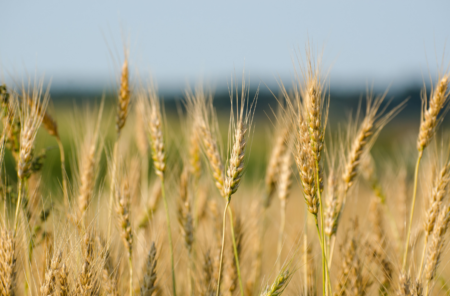Many industries are shifting towards bio-based alternatives to tackle the triple planetary crisis of climate change, pollution, and biodiversity loss. While biomass is touted as a solution, misconceptions about the bioeconomy exaggerate climate benefits and resource availability and omit biodiversity impacts. ECOS advocates a just and reasoned transition to a bioeconomy. With an emphasis on sufficiency, circularity, regenerative processes, healthy and zero-pollution lifecycles, and climate mitigation, this transition must provide fair opportunities to workers and local communities. This complex balancing act demands a holistic approach. We are addressing barriers and risks in EU and international policies, standards, and certifications for bioeconomy. ECOS helps create more robust and reliable international methodologies that assess the environmental impacts of bio-based products.



We are seeking experts in fields related to bioeconomy and nature, such as forestry or agriculture - including food/feed, bioenergy, or biomaterials. Deadline 15 February 2026
The European Commission is revising the current EU Bioeconomy Strategy and refers to a “regenerative” bioeconomy, suggesting something sustainable - but without an agreed definition, this can lead to misleading claims, or even greenwashing, whilst detracting from ecologically sound approaches.
ECOS is looking for experts in the field of circular bio-based construction to represent and defend environmental interests in the development of standards and related policies. Our experts provide us with technical and scientific input and represent ECOS in standardisation processes and multi-stakeholder discussions.
In our latest infographic, we outline the steps required to safely reuse structural timber in renovation and construction. Using wood for longer, following the cascading principle, helps to avoid waste and reduce carbon emissions.
Download the pdf
ECOS is co-funded by the European Commission and EFTA

 Funded by the European Union. Views and opinions expressed are however those of the author(s) only and do not necessarily reflect those of the European Union or EISMEA. Neither the European Union nor the granting authority can be held responsible for them.
Funded by the European Union. Views and opinions expressed are however those of the author(s) only and do not necessarily reflect those of the European Union or EISMEA. Neither the European Union nor the granting authority can be held responsible for them.
